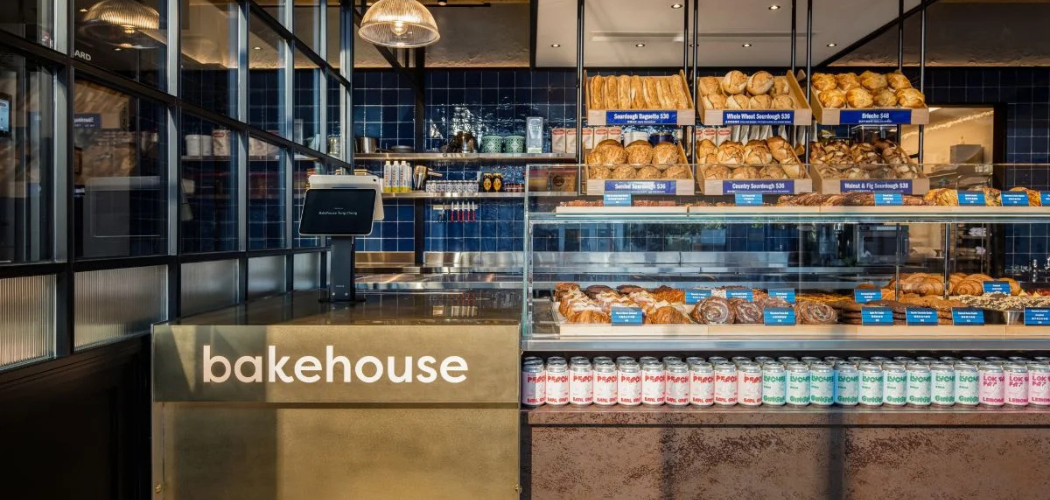As we go deeper into 2022, it is clear that the global inflation we saw in the first half of the year is maintaining its historic upward trajectory. The prices for almost every consumer good and service has steeply increased, with no leveling off in sight.
By: Charlie Casey, LoyaltyLion
We also note that retailers have made some missteps in anticipating what consumers would want to buy this year, leading to cuts in pricing, and the adoption of innovative approaches in order to move excess inventory from stock rooms.
But despite all these problems, one thing we are confident about is that the customer of mid 2022 is still shopping. Faced with a looming recession, consumers are feeling the pinch and are therefore making more educated decisions on how they will spend their money, but they are still making purchases. And what is really interesting is that there are certain products that are proving more resilient and less vulnerable in this climate of steadily rising costs.
What may come as a surprise to some in these uncertain times is that people are still eating out, buying airline tickets, and treating themselves to hotel rooms — all the actions expected to be seen in an environment of consumer optimism. There are also the types of shopping that historic inflation will not deter such as for pet food, groceries and baby products, where purchasing is a necessity.
However, although some sectors and products are seeing continued spending, it’s still an environment where shoppers are thinking before buying, and it’s more important than ever for retailers to do everything they can to craft those emotional links to customers.
There are actions that retailers should be taking to keep their customer connections strong.
Know what your customers want
It’s important for retailers to know their inventory and what items are being purchased and at what frequency. Another question to ask is “is this item recession-proof?” Will it be needed no matter the economic climate?
By investigating the past history of shopping trends, ecommerce shops can tailor a loyalty program to ensure that the purchase of those key products continues. Connecting specific purchases to bonus points, extending a special (double or triple) points promotion, and providing the reward of a free gift are all ways to inspire continued shopping based on customer needs.
Special days and holidays
There is little doubt that inflation affects shopping trends in particular ways, but holidays and special occasions are, for the most part, inflation-proof events. Trends indicate that purchases to remember loved ones on their special day will continue, even with price increases. Retailers can help customers retain positive sentiments about their brand by offering loyalty program promotions throughout meaningful calendar events such as someone’s birthday, Christmas, Hannukah or even on the new National Outlet Shopping Day. Brands can also plan one-off, specific loyalty program incentives to go along with a particular day or early access to sales for loyalty program members to keep them coming back to cash in their loyalty offerings.
Bundled Products
An alternative approach to keep loyalty program members shopping is to offer a group of bundled products. There is an allure to buying several items at once, and offering the items together at a discounted price is a great way to entice customers. Loyalty program members that purchase these bundled items can even be granted extra points at the same time, to ensure they complete the purchase. Retailers consequently sell more and create a higher average order value, and the feel-good experience will bring that loyalty program member back to buy again in future.
Returns and refunds
As shoppers reconsider how to spend their money and where, they ask themselves two key questions: “Do I need it? Or do I want it?”. During times of inflation, shoppers are more likely to return their purchases if the product is not what they thought it would be. Even if in the past they may have simply hung onto the item, they are more likely to return and request a refund in this environment because they are watching their money more carefully. One way loyalty programs can help dissuade returns is by offering free returns to only top tier program members. The costs and even some of the inconvenience in returning items will help keep non-members from buying and returning items and help retailers retain the sale.
As global inflation continues to affect people and their purchasing decisions, it is more important than ever for brands to connect meaningfully with their customers. Loyalty program perks and offers are useful vehicles to bring in new customers, while keeping existing program members surprised and delighted in order to sustain sales through a tricky market.
Charlie Casey is CEO and Co-Founder of LoyaltyLion. LoyaltyLion is a data-driven loyalty and engagement platform that powers ecommerce growth. Proven to increase retention and spend, LoyaltyLion is trusted by thousands of fast-growth ecommerce merchants worldwide. Prior to founding LoyaltyLion, Charlie joined the Foreign and Commonwealth Office as an Economics Advisor before becoming a consultant at Deloitte.




